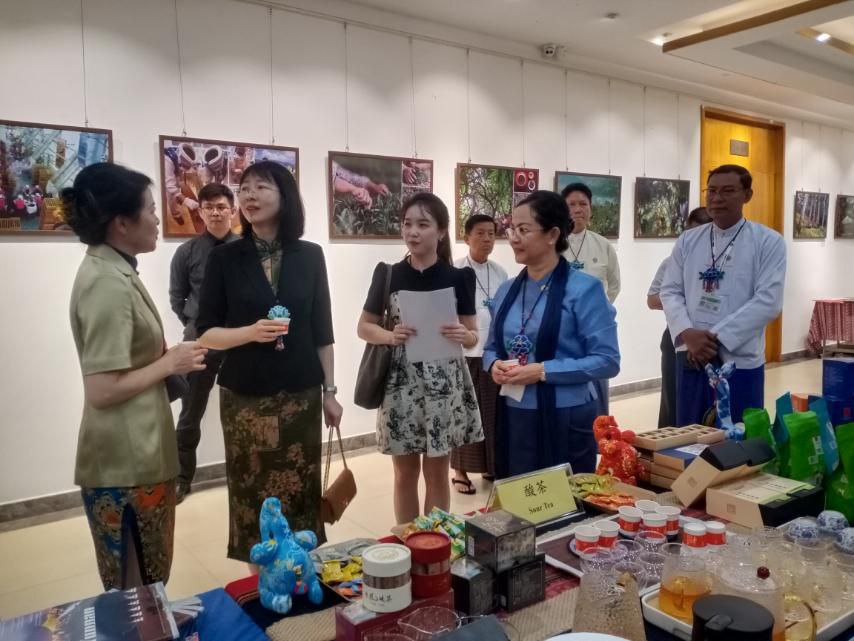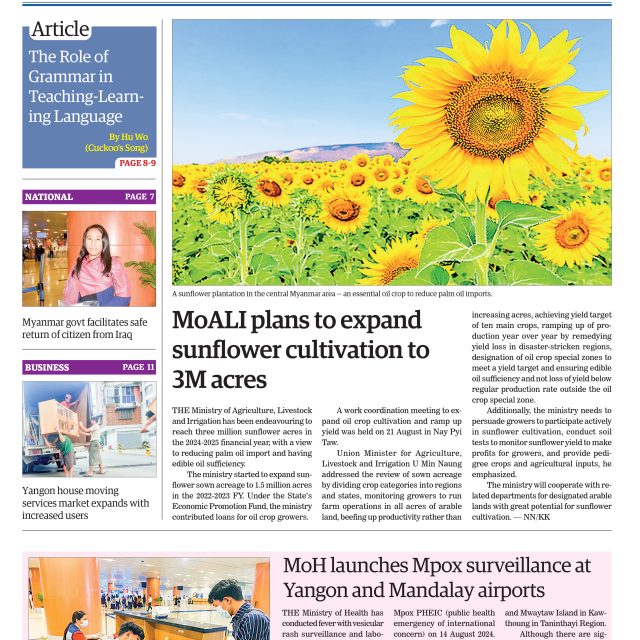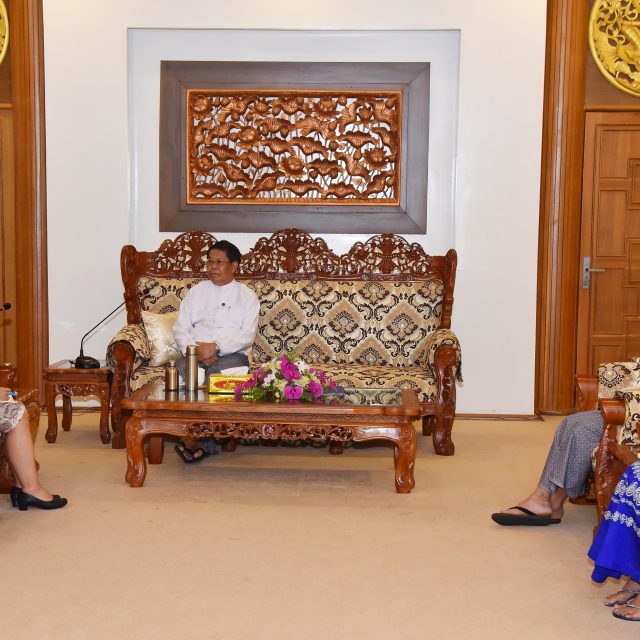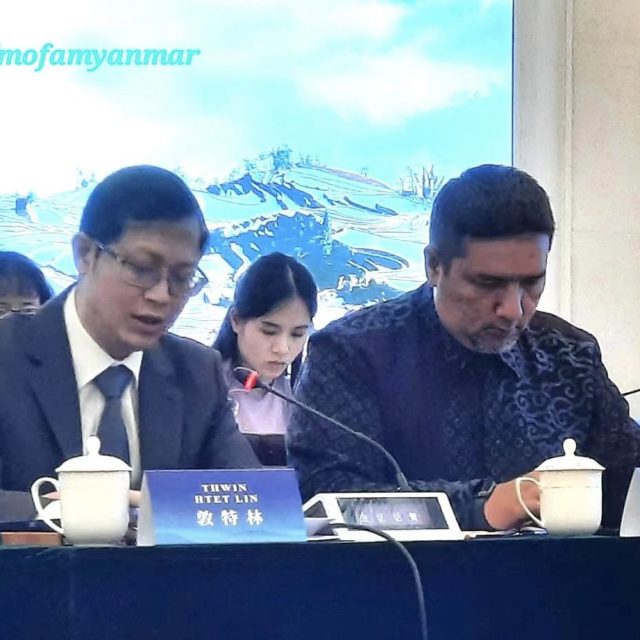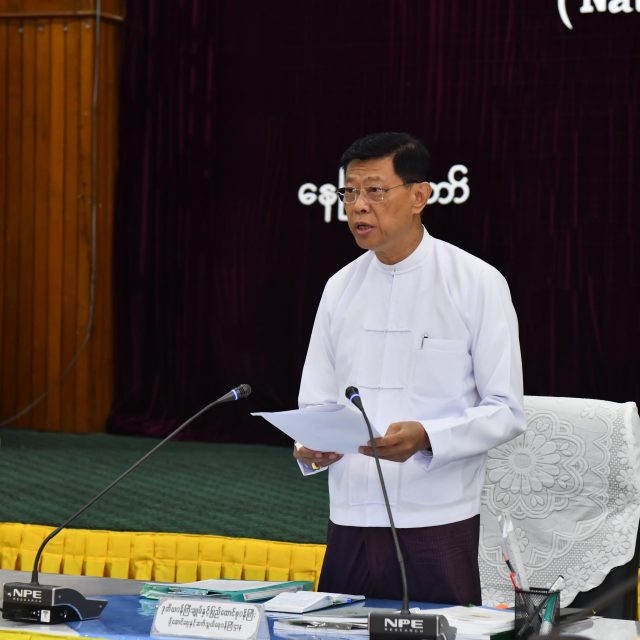Cultural tourism service is essential for ensuring economic growth, said Union Minister for Hotels and Tourism Dr Thet Thet Khine.
Yesterday, the Union Minister made a speech at the green tea art campaign staged at the Chinese Culture Centre on Minye Kyaw Swa Road in Ahlon Township of Yangon.
On the occasion, she continued to say that Myanmar and China share a border and natural environments with common nature and cultural heritages.
She recounted, “Success can be seen worldwide in staging the green tea art campaigns held at Chinese centres across the world starting from May 2023.”
These campaigns brought a bilateral exchange of culture and learning to society. As the tourism industry is the largest business, it contributes to the socioeconomic development of society, as well as good management and preservation of cultural heritage, she added.
The Union minister underlined that the development of tourism services in cultural heritage destinations can reduce poverty for the people.
Reportedly, China has been exporting its tea leaves to various parts of the world through the Silk Road for hundreds of years as part of the creation of links in cultural exchange among the countries. In Myanmar, green tea and salad tea are consumed as traditional foods. As such, the China-Myanmar tea cultural exchange can modify the socioeconomic life of people from both countries.
“Dried tea, which is an ancient and beautiful green cultural heritage, is interrelated with diverse cultures. The essence of green team art shows “concord”, representing harmony, cooperation and peace,” said Ms Cao Jing, Charge d’ Affaires ai of the Chinese Embassy to Myanmar.
The tea campaign depicted intangible culture, traditional arts, and Yunnan dances and song entertainments, including various aspects of Yunnan’s unique culture, including ethnic costumes of Yunnan Province, Black Tea art, the three-course tea of Bai people, the art of dyed flowers by the Bai ethnic, Yi people’s paper art, flowery arrangements and traditional paper art.
UNESCO designated the Chinese traditional green tea art and relevant customs on the Human Intangible Cultural Heritage list in 2022. — TWA/ASH/TTA
Cultural Tourism: An essential drive for economic development
- August 10, 2024
- 13

